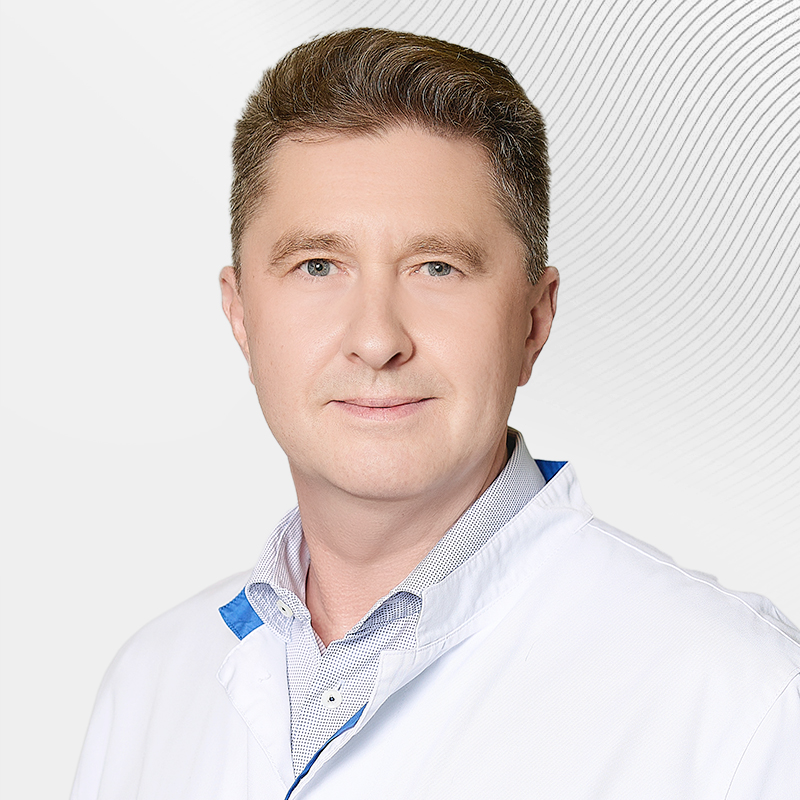Prostate biopsy
A prostate biopsy is an outpatient procedure performed to diagnose prostate cancer (prostate gland) and its stages. During the procedure, the urologist receives biopsy material (prostate tissue samples), which is sent to the histological and cytological laboratories, where an analysis will be performed and a conclusion will be given. In case of confirmation of the presence of prostate cancer, therapeutic tactics are chosen based on the results of the biopsy.
Indications for primary biopsy
A primary prostate biopsy is prescribed by a urologist in case of suspicion of prostate cancer. Indications for primary biopsy are:
detection of a hypoechoic zone in the prostate gland during ultrasound. Ultrasound can be performed through the abdomen (transabdominally) or through the rectum (transrectally);
the PSA (prostate-specific antigen) level is above the normal limit, i.e. above 4 ng/ml;
the presence of a node or lump in the prostate gland during finger rectal examination.
Indications for repeated biopsy
Repeated prostate biopsy is performed with negative results of the primary biopsy, as well as with the following indicators:
-
continued increase in PSA levels;
-
continued elevated PSA level;
-
PSA density is more than 15%;
-
The ratio of free to total PSA is less than 10%;
-
detection of high-grade PIN (prostatic intraepithelial neoplasia) during primary biopsy;
-
insufficient amount of material.
Note that PSA is a prostate-specific antigen that is a marker of prostate cancer (only if the concentration is exceeded).
Contraindications to biopsy
Almost any procedure has contraindications, and a prostate biopsy is no exception. Relative contraindications include:
-
patient taking anticoagulants;
-
bleeding from the rectum;
-
active inflammatory process in the rectum;
-
acute prostatitis;
-
the presence of fecal matter in the rectum.
The absolute contraindication is the patient's refusal of the procedure.
Preparation for a biopsy
In order for a prostate biopsy to take place without inflammatory complications, you should properly prepare for the procedure and adhere to the following recommendations:
-
it is necessary to bring the results of examinations to the doctor's appointment: general urinalysis, general blood test, urine culture for flora;
-
if you are taking anticoagulants, you should warn your doctor and stop taking them seven days before taking them. If this is not possible, then a biopsy should be performed in a hospital setting.;
-
It is necessary to inform the doctor about existing chronic diseases and diseases of the cardiovascular system.;
-
It is necessary to warn the doctor about drug intolerance.;
-
in the evening before the procedure, it is better not to have dinner, and in the morning - a light breakfast.
Anesthesia during biopsy
A prostate biopsy is usually a low-pain procedure and is performed without anesthesia. However, anesthesia is used for some patients, but it can cause complications.
The most appropriate is the use of local anesthetic gels.
Biopsy procedures
1. Blind biopsy or biopsy of the prostate under finger control. In this case, the patient is placed on his right side and asked to press his legs to his stomach, after which local anesthesia of the rectum is performed. Under the control of a finger, a puncture needle is inserted into the rectum, which performs 4-6 punctures.
The disadvantage of this method is insufficient needle control and limited material intake. To date, the method of "blind" biopsy is practically not used.
2. Multifocal (polypocal) prostate biopsy under ultrasound control is the most common method. The material for the study is taken from 12 points.
3. Saturation biopsy of the prostate is the most advanced technique in which a tissue sample is taken from 24 points, as a result of which the study becomes more accurate.
Complications after prostate biopsy:
-
blood in urine and feces;
-
temperature rise;
-
acute orchoepididymitis (inflammation of the testicle and its appendage);
-
acute urinary retention;
-
difficulty urinating;
-
sepsis;
-
loss of consciousness during the procedure.
These complications are extremely unlikely, however, if one of the complications occurs, it is necessary to inform the doctor.
The Urological clinic of the European Medical Center has modern equipment and uses advanced and effective techniques. The professional team of doctors at the Urology Clinic will do everything possible to preserve and restore the health of patients.
The estimated cost is shown below. Additionally, supplies, histological examination, anesthesia, etc. are paid. Check the full cost of the service with the clinic assistants.
Get help
Specify your contacts and we will contact you to clarify the details.
Doctors
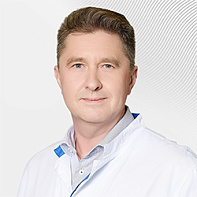
Grigorev Nikolay
Head of the Urological Clinic, Head of the Department of Urology at the EMC Medical School, Doctor of Medicine, Professor
-
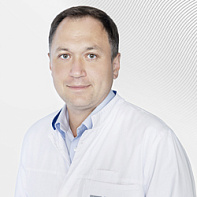
Iskander Abdullin
President of the Association of Young Urologists of Russia (AMUR, Ph.D. of Medical Sciences
-
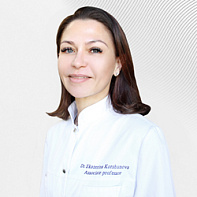
Ekaterina Korshunova
Ph.D. of Medical Sciences, Doctor of the highest category
-
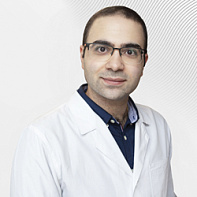
Vagan Barsegyan
Ph.D. of Medical Sciences
-
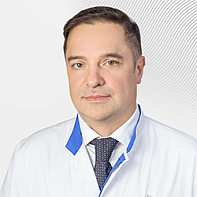
Aleksey Kovalenko
-
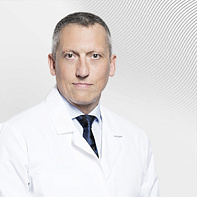
Gvozdev Mikhail
Doctor of Medicine, Professor, Honored Doctor of the Russian Federation, Doctor of the highest category
-
.jpg)
Tihonova Lyudmila
-
.jpg)
Gvasalia Badri
Professor, Doctor of Medicine
-
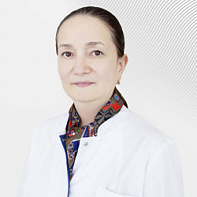
Sabirzyanova Zukhra
Ph.D. of Medical Sciences
-
.jpg)
Vsevolod Matveev
President of the Russian Society of Oncourologists, expert of the European Association of Urologists (EAU) section "Prostate Cancer", Doctor of Medicine, Professor
-
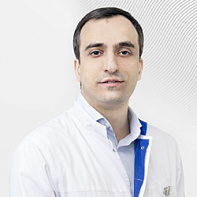
Tedeev Rustam
Ph.D. of Medical Sciences
-
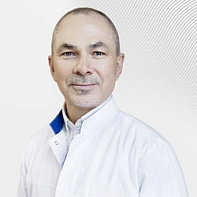
Kuznetskiy Yuriy
Doctor of Medicine, Doctor of the highest category, Professor
-
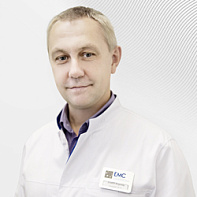
Dariy Evgeniy
Ph.D. of Medical Sciences, Doctor of the highest category
-
Grigorev Nikolay
Head of the Urological Clinic, Head of the Department of Urology at the EMC Medical School, Doctor of Medicine, Professor
- He is a recognized expert in endoscopic urology.
- He has performed more than 5,000 endoscopic and open surgeries on the organs of the genitourinary system
- Member of the Russian Society of Urology, the Russian Society for Endourology and New Technologies, the European Urological Association, the World Endourological Society
Total experience
34 years
Experience in EMC
since 2016
